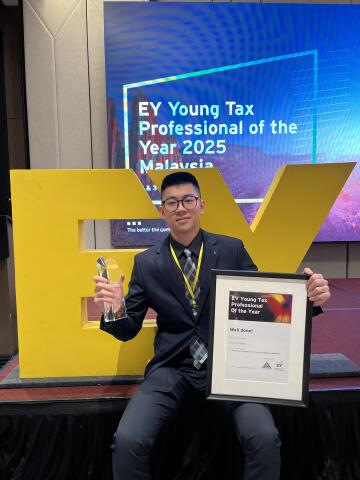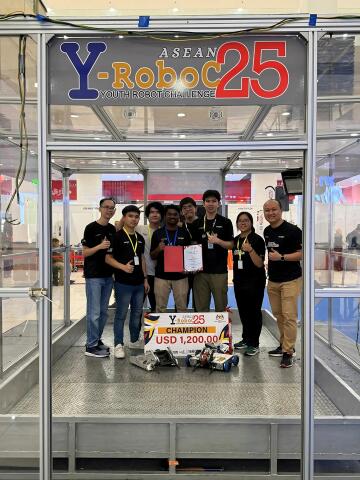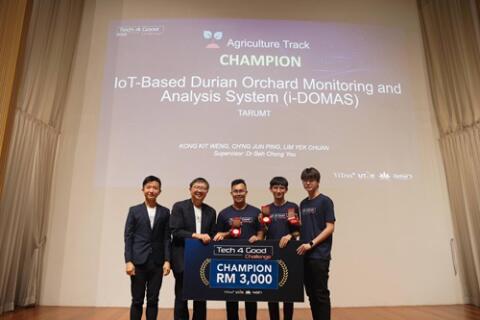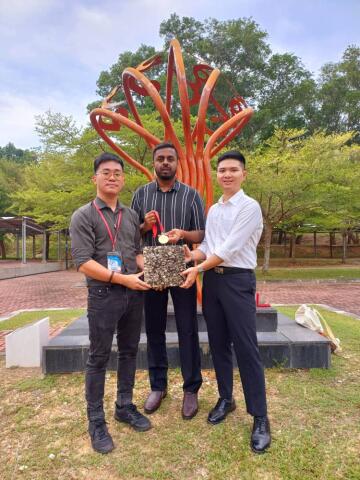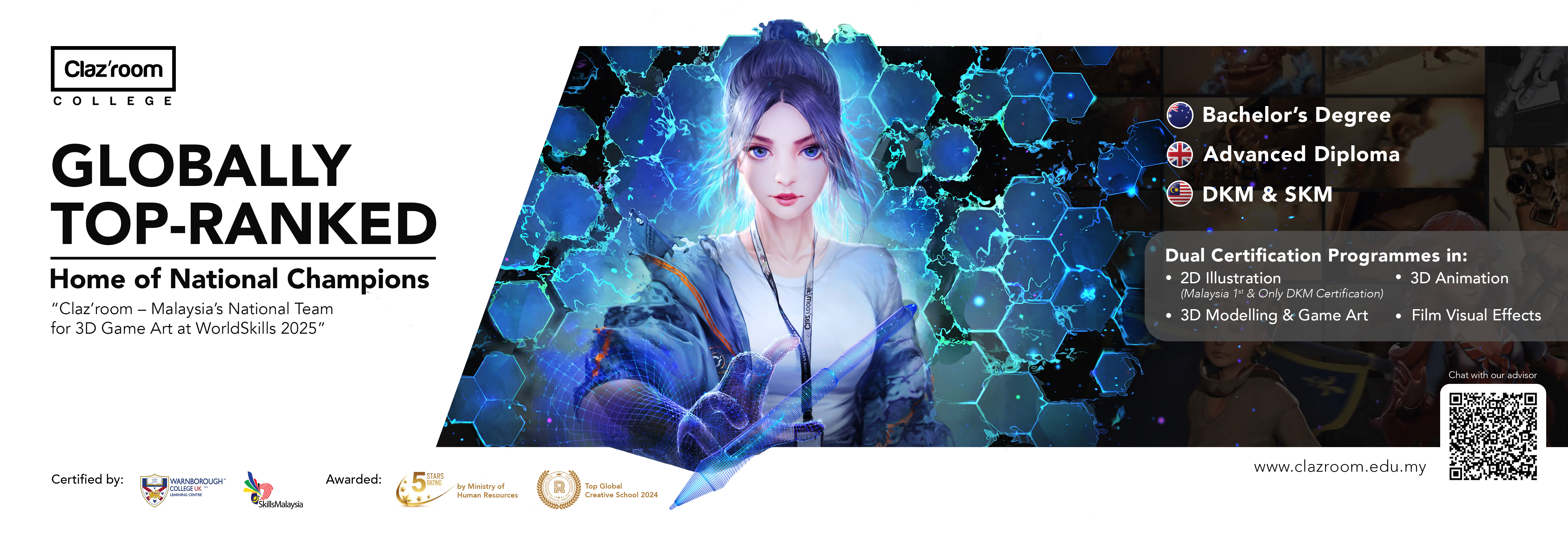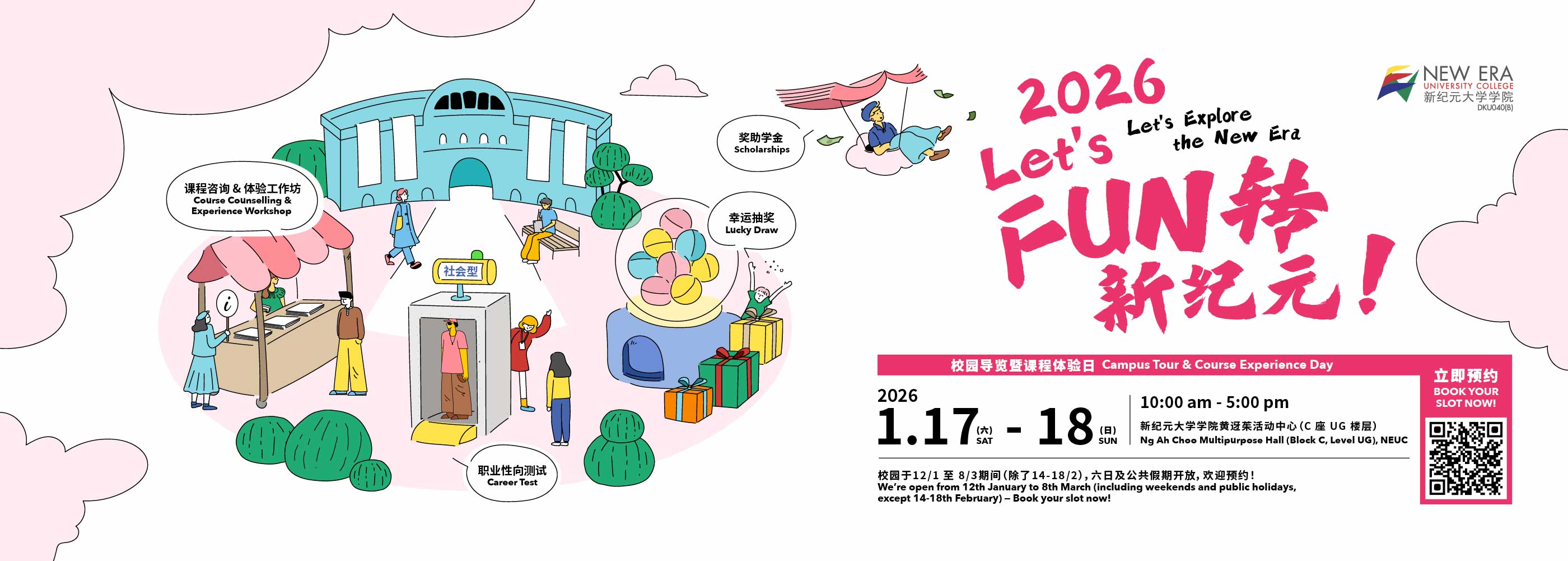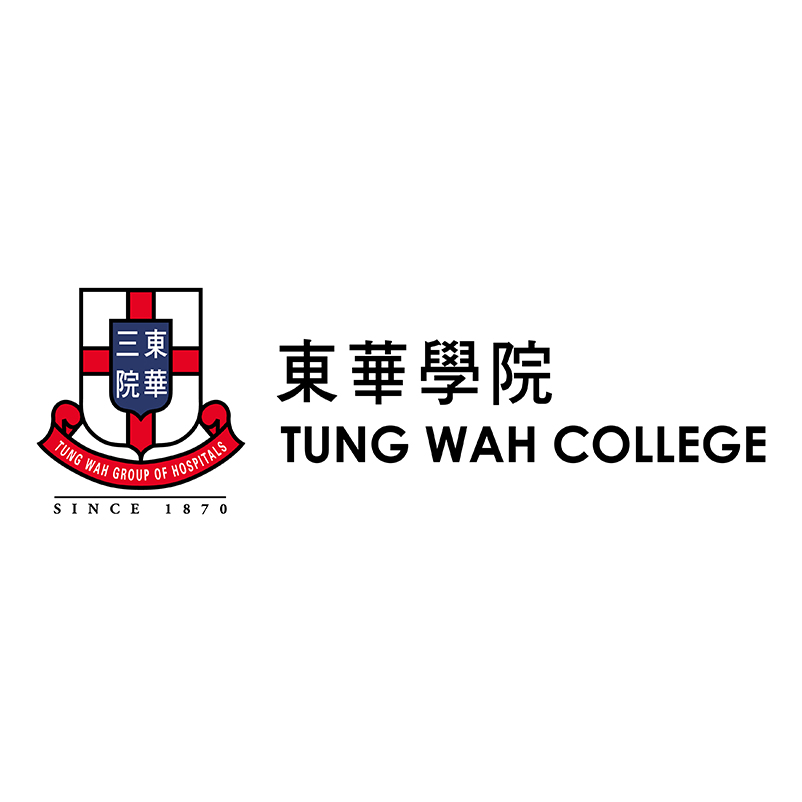HOW TO BECOME AN EARLY CHILDHOOD EDUCATOR
If you have passion for teaching and shaping young minds, you should consider a career in early childhood care and education. Read on to find out more about how to be an early childhood educator.

In Malaysia, Early Childhood Care and Education (ECCE) is divided into two age groups; zero to four years old and four to six years old. ECCE encompasses a child’s physical and mental growth during these years as well as the development of social skills. The government has implemented the National Policy for Early Childhood Education which aims to improve and build understanding of a child’s development from birth until the age of six.
Academic Pathway
Many higher education institutions offer early childhood education programmes at certificate, diploma and degree levels. A Diploma in Early Childhood Education includes subjects such as Child Development, Creativity through Music & Movement, and Language & Literacy.
Those with a diploma can seek employment or pursue a Bachelor’s Degree in Early Childhood Education. This three-year programme exposes students to subjects such as
Understanding and Managing Children’s Behaviour, Engaging Play, Language & Digital Literacies and Early Intervention. Work placements and practicum sessions are integrated into both diploma and degree programmes.
By 2020, the government has made it compulsory for all preschool practitioners to acquire at least a Diploma in Childhood Education.
Job Opportunities
Individuals with qualifications in early childhood education may find employment in early years’ settings, daycare and childcare centres, special educational needs centres, schools and in healthcare providers. Common teaching positions include Kindergarten (Tadika) Teacher, Preschool (Taska) Teacher and Classroom Assistant. After gaining adequate work experience, early childhood educators can move on to leadership and management positions such as owners or principals of preschools or kindergartens. They can also pursue postgraduate qualifications in early childhood education and explore job opportunities in academia and curriculum development.
Daily Tasks of An Early Childhood Educator
Early childhood educators are responsible for providing pastoral care and a secure learning environment to children. In terms of learning, they have to plan lessons and produce necessary visual aids and teaching resources. Creative development is also fostered by early childhood educators through play, drawing, games and songs. Besides that, early childhood educators play a big role in facilitating their students’ social, language, physical and communication skills. They also have to observe, assess and record each student’s progress and find ways to improve each student’s learning experience. Other tasks of early childhood educators are making sure all students are healthy and safe during learning hours and working with other teachers and teaching assistants.
Skills Needed
The most important skill early childhood educators need is the ability to work with children.
They need to be patient, understanding and have a deep love for teaching. Early childhood educators also need to be creative, resourceful, imaginative and dedicated to their students. Interpersonal skills are also essential as early childhood educators need to communicate effectively with their students, colleagues and parents. Teaching a classroom of young children requires a lot of energy. Therefore, it is important for early childhood educators to take care of their health and have good stamina to keep up with their students. Other good skills are a sense of humour, leadership skills and disciplinary skills.
The rise of early childhood centres and educational institutions with early years divisions reflect the demand for early childhood education in the country. Early childhood educators are sought after to ensure children are prepared to enter primary school and beyond.
Advices
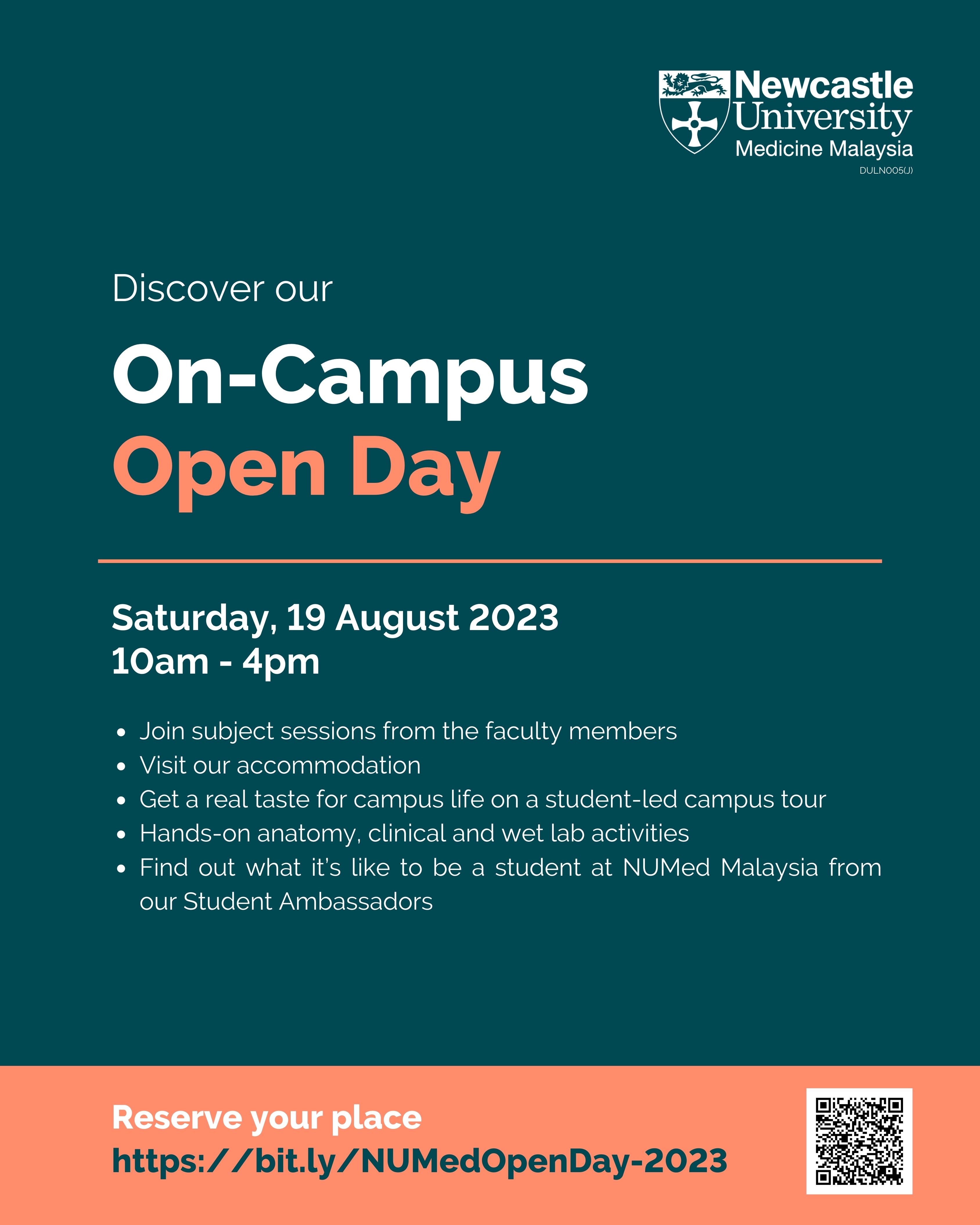




News from Institutions

